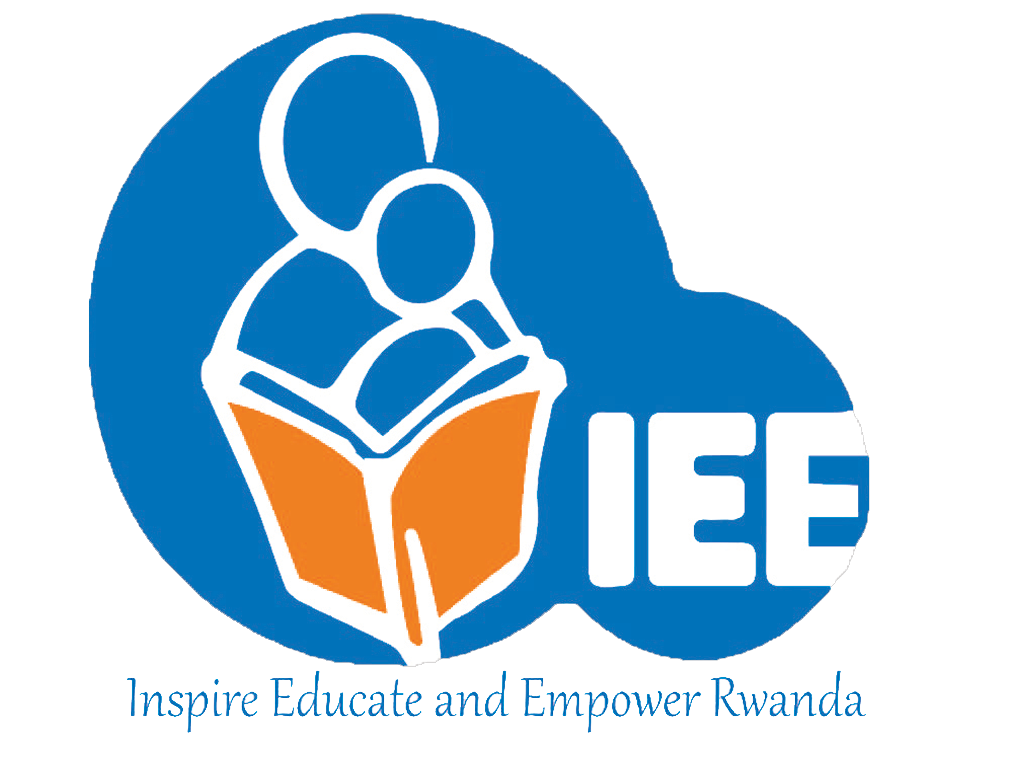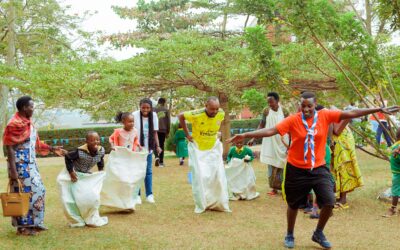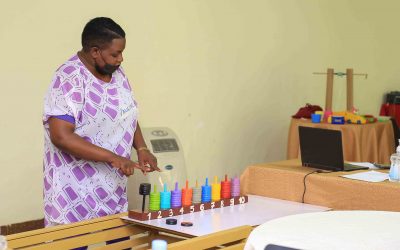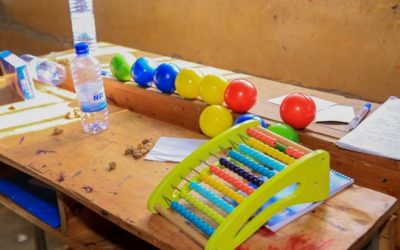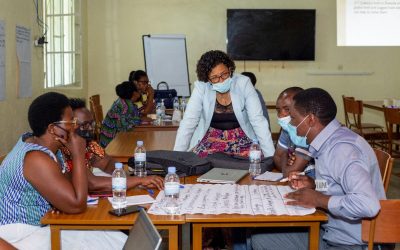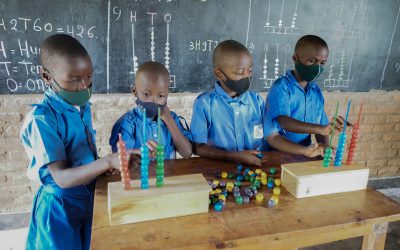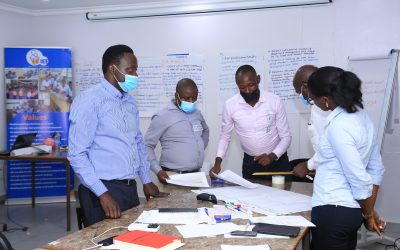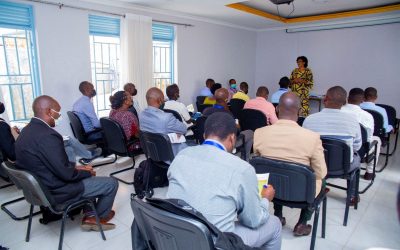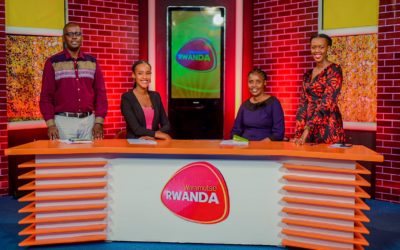PROJECT TIMELINE
September 2021 – August 2022
PROJECT DESCRIPTION
1. Support to in-service teacher training.
This seeks to integrate Learning through Play (LtP) in the primary in-service teacher training programme through the national School-based Mentorship Programme. As part of this programme component, district, sector and school stakeholders including head teachers and directors of studies as well as School-General Assembly Committee members are being mobilized to support LtP which is a pedagogical approach involving judicious usage of play as a pedagogical approach to involve learners in learning activities during the teaching and learning process facilitating them to achieve learning outcomes. Particularly, Sector and School-based Mentors who are also teachers are being supported to use play-based teaching approaches, as well as supporting other teachers to use the same pedagogical approach, for improved learning outcomes for primary school children in all public and Government-supported schools.
2. Support to pre-service teacher training
This is being implemented in 16 Teacher Training Colleges (TTCs), which have recently received the revised competence-based curriculum.
Across all four options of Early Childhood and Lower Primary Education (ECLPE), Social Studies Education (SSE), Languages Education (LE) and Science and Mathematics Education (SME), UNICEF supported IEE Pedagogical Advisors based at each TTC are supporting the following:
- Technical capacity building for tutors and student teachers (with emphasis on learner-centred pedagogical approaches including the use of play for learning) in accordance to the TTC revised curriculum);
- Conducting TTC-based Continuous Professional Development (CPDs) around ECLPE, SSE, LE, SME and cross-cutting Teaching Methods and Practices, and professional standards for teachers and student teachers to ensure they are well prepared to implement the basic education curriculum, before they graduate and get certified.
- Facilitating microteaching sessions for teacher trainees (A form of practicum whereby a pre-service teacher teaches a lesson or part of a lesson to fellow pre-service teachers. This will be at the TTCs amongst student teachers, to increase their content mastery and confidence levels in facilitating teaching)
- Facilitating remedial support to student teachers with emphasis on effective lesson planning, gathering and making teaching and learning materials, assessment for and of learning as well as professional and career guidance mentorship.
- Strengthening practicums/ teaching practice (capacity development of Tutors, student teachers and teachers from demonstration schools).
- For sustainability of this support, TTCs are being supported with sustained Student-teacher centred teaching and learning and formative teaching practice at demonstration schools as well as summative teaching practice at the end of their third year, as well as establishment of communities of practice for Tutors and student teachers to support each other’s skill development through TTC-based continuous professional development (CPD). Particularly, student teachers are being introduced to CPD so as to be active participants in CPD as in-service teachers in accordance with the national School-based Mentorship Programme.
As part of this programme, UNICEF is also supporting:
a) Nationalization and rollout of the Teacher Management Information System (TMIS). This includes support to data cleaning for the academic year 2021-2022 and training support to raise awareness around TMIS utilization for national and district stakeholders across the districts: REB staff, Human Resource Officers/ Data Specialists.
b) Integration of integrating Science, Technology, Engineering and Maths (STEM) in teaching and learning in pre-primary. UNICEF is supporting this through development of a STEM guide for pre-primary, as well as field-testing pre-primary STEM learning in 10 pre-primary schools/ECE centers constructed with the support of UNICEF. ECE teachers will be trained on STEM kits to pave the way to STEM rollout.
c) Training of education stakeholders on career guidance. This includes REB staff and Directors of Studies from 1489 school across Rwanda’s 30 districts. This is in support of Ministry of Education focus on career guidance in schools through Rwanda Basic Education Board to support learners with making informed educational and occupational choices throughout their learning cycles.
PARTNERS
- Ministry of Education
- Rwanda Basic Education Board
- UNICEF
- District Education Officers
- Directors of Education
- Sector Education Officials
- Teacher Training Colleges
- Public and Government-aided schools
PROJECT IMPACT
TEACHER TRAINING COLLEGES
DISTRICTS
SCHOOL-BASED MENTORS
SCHOOL GENERAL ASSEMBLY COMMITTEE MEMBERS
TTC TUTORS
PRIMARY SCHOOL TEACHERS
PARENTS AND COMMUNITY MEMBERS
CHILDREN
PROJECT STORIES
A journey of learning, the fun way
Children are naturally motivated to play. You would be hard-pressed to find a child who must be forced to play. This is why a play-based program building on this motivation and using it as a context for learning, makes a ton of sense. In Rwanda, the government...
Education experts meet to review STEM guide and kit for pre-primary Education.
Science, Technology, Engineering, and Mathematic (STEM) and ICT are core priorities of the Government of Rwanda through the Ministry of Education, for improved relevance in teaching and learning, right from pre-primary education. UNICEF is supporting this initiative...
Engaging School Based Mentors to boost Learning through Play
Following the training of 832 Sector-Based Mentor Trainers (SBMTs), from all the 30 districts, on how to use play-based teaching and learning approaches, Inspire Educate and Empower Rwanda (IEE) in partnership with UNICEF has also concluded training of 2068...
Sector-Based Mentor Trainers trained to support rollout of ‘Learning through Play’ into primary schools countrywide
Sector-Based Mentor Trainers (SBMTs), from all the 30 districts of Rwanda, concluded training on how to integrate Learning through Play (LtP), in the Rwandan in-service teacher training programme. As part of the design of the national School-based Mentorship...
Making Play essential in child learning
A five –day capacity building training on learning through play conducted by Inspire, Educate and Empower Rwanda (IEE) was concluded on Friday, 22nd October 2021 at Olympic Hotel in Kigali. The training was organized for 30 IEE Continuous Professional Development...
Pre-service teacher development: A requisite to having better educators – The Role of Pedagogical Advisors in this effort
A two-day re-orientation workshop was concluded at Inspire, Educate and Empower Rwanda (IEE) for 16 Pedagogical Advisors to plan on how to strengthen their role in supporting teaching and learning at Rwanda’s 16 Teacher Training Colleges (TTCs). This program is...
Teacher skill development through Continuous Professional Development (CPD) for effective teaching and learning
Inspire, Educate and Empower Rwanda (IEE) has concluded a two-day workshop for 30 Continuous Professional Development Advisors (CPDAs) who will be re-deployed to all districts in Rwanda to support skill development for all Sector and School-based Mentors to further...
Tapping into the power of play for children’s learning
Play is essential in child development. It makes children learn to socialize, solve problems, to mature and most importantly, to have fun as they learn. Play connects children with their imagination, environment, parents, family and the world at large. The LEGO...
